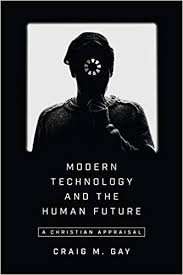Sermon Notes: Hebrews 12.18-29; Psalm 103.1-18 On Apostasy
Hebrews 12.18-29 Luke 13.10-17 Psalm 103:1-8 Prayer of Invocation Father, grant that your Church, being gathered together in unity by your Holy Spirit, may show forth your power and goodness among all peoples, to the glory of your Name through Jesus Christ our Lord, who lives and reigns with you and the Holy Spirit, one God, for ever and ever. Amen. INTRODUCTION Two high profile cases have reminded us that faith in Jesus Christ requires endurance. I’m speaking of Joshua Harris and Marty Sampson. Joshua Harris has divorced his wife and renounced his faith. Marty Sampson, a song writer for Hillsong, has said that he is "struggling with many parts of the belief system that seem so incoherent with common human morality." Hold on to that thought for a moment. This is a sober reminder that being a disciple of Jesus Christ is not a sprint. It is a walk, a long obedience in the same direction. 2.

